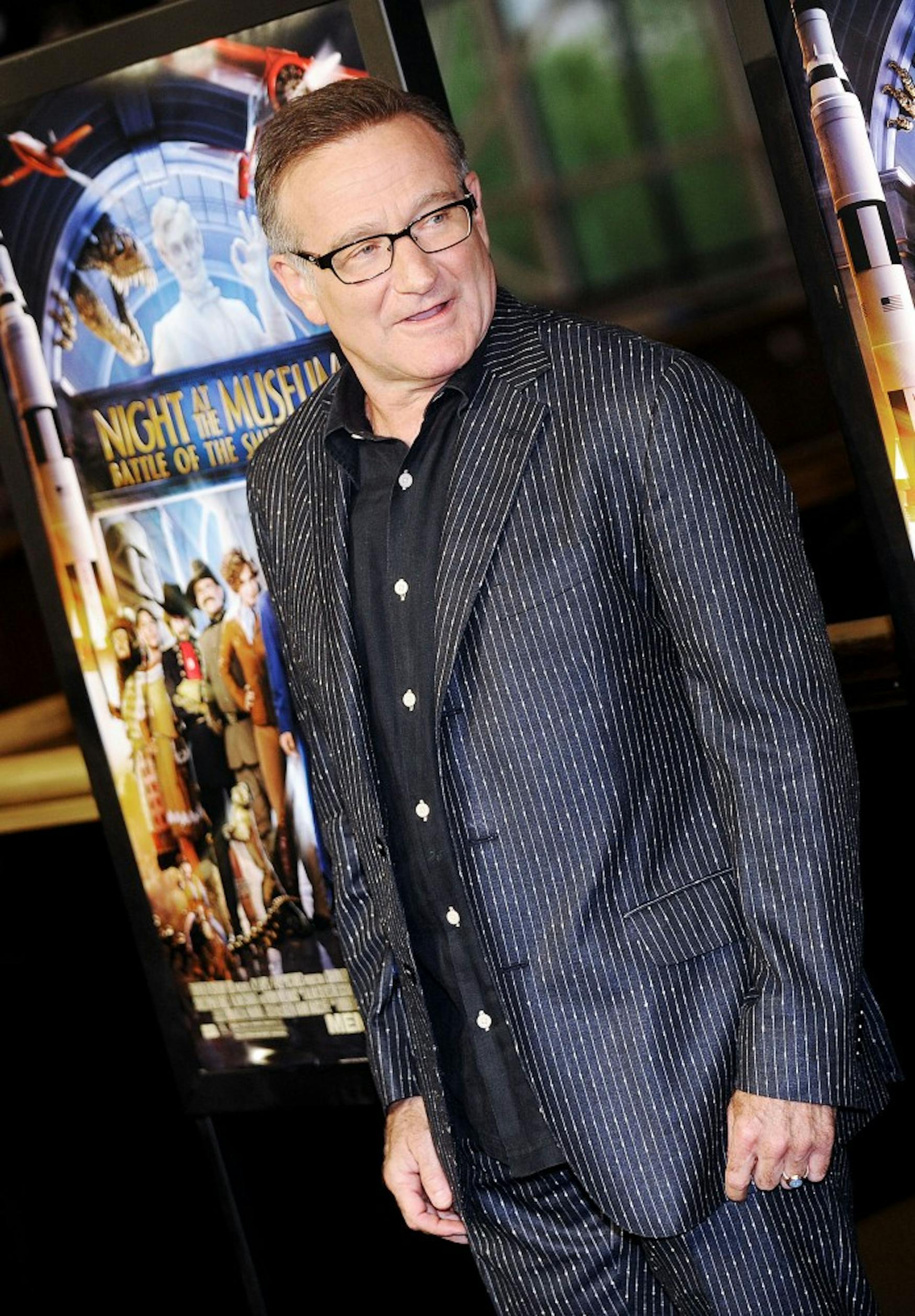Pop Culture
Welcome back, fellow Brandeisians. As we are getting back into the swing of things, one major event that resonates with me from this summer is Robin Williams’ death. Williams was one of Hollywood’s most admired actors, with a career spanning decades and genres.
On Aug. 11, Williams, 63, was found dead in his apartment and medical reports later confirmed that Williams committed suicide. The overall outpour of love and respect for Williams was astonishing; Facebook was teeming with posts mourning the loss of the actor. Those who have worked with and knew him personally, including fellow comedians Steve Martin and Ellen DeGeneres expressed their shock and sadness for the actor on Twitter.
We lost an iconic actor and comedian who was able to transcend genre and exceed in every role that he was given. He got his start on the ’80s sitcom (and Happy Days spin-off) Mork & Mindy, but for the Millennial generation his roles that seem to stick the most are the Genie in Disney’s Aladdin, John Keating in Dead Poets Society and of course, the title role in Mrs. Doubtfire.
The 1989 drama Dead Poets Society, with Williams playing the inspiring English teacher with unusual teaching methods, always makes me cry, and now has even more tragedy added to its history. The iconic scene of Williams as Keating leaving his class after being fired and his students standing on their desks, proclaiming “O Captain! My Captain!” has always stuck with me. I’m not going to spoil the plot for anyone who for some reason has not seen it yet; that’s your first homework assignment of the year.
Proving his ability to portray unique, multifaceted characters in both comic and dramatic roles, Williams gave a gender-bending performance in Mrs. Doubtfire, playing a father trying to retain custody of his children by posing as their female housekeeper. Williams won a Golden Globe for the role in the unlikely hit.
Many people might not give much credit to voice actors in animated movies, but Williams helped usher in an era of celebrities and well-known performers lending their voices to Disney movies. Aladdin would not be the same without the blue Genie’s celebrity impressions and the over-the-top musical number “Friend Like Me,” both voiced by Williams. Images of Aladdin hugging the Genie and clips of “Friend Like Me” circulated social media shortly after Williams’ death, along with the quote, “Genie, you’re free.” The cast of the new Broadway version of Aladdin even did a sing-along version of the song in tribute to Williams the day after his passing.
The media’s reaction, of course, was not without its faults and controversies. As more details were revealed about the end of his life, including his continued struggles with depression and dealing with the early stages of Parkinson’s disease, as well as the way in which he was found dead, the coverage turned from reverent and respectful to contentious. There were arguments about which specifics should have been released and about how to celebrate an actor’s life and work without heralding his suicide. It is difficult to know where to draw the line.
Williams was in the middle of several projects at the time of his death, some of which will still make their way onto the big screen, including the third Night at the Museum installment and the comedy A Merry Friggin’ Christmas. The upcoming films and his celebrated roles are the gifts that he left us to remember him by.




Please note All comments are eligible for publication in The Justice.